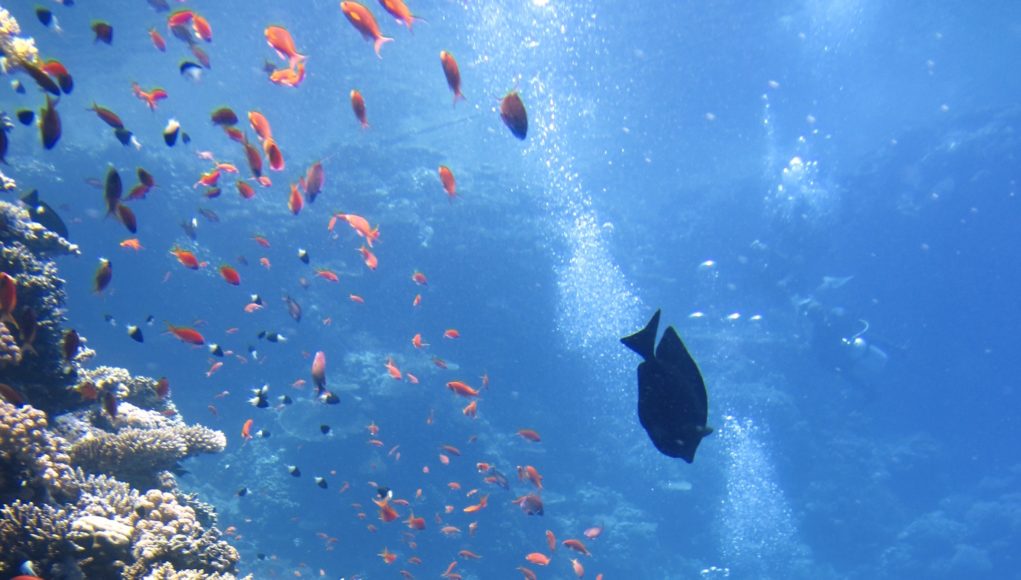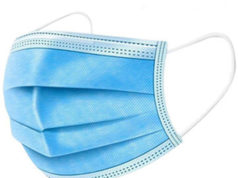By Louise Meagher
It’s become a habit to smear on some sunscreen whenever you go out for a beach day, but do you really realize the affects your sunscreen has on the ocean? What many people don’t realize is that many types of sunscreen contain oxybenzone, octinoxate, homosalate ect. that are actually very bad for our oceans reefs.
It’s not only sunscreen too, many skin care products contain these chemicals. When you swim in the ocean, skin care products slowly dissipate off your skin, seeping into the ocean. According to National Geographic, it’s approximated that “14,000 tons of sunscreen are washed into the ocean each year.” It will float around in the ocean, eventually being absorbed into the coral, which is where it does the most damage.
Chemicals will cause bad coral bleaching, and damages symbiotic algae found on hard corals. Chemical sunscreens will damage the coral’s DNA permanently. It disturbs the reefs systems, harming growth cycles, and reproduction. Not only does this hurt the coral, but it also affects all the sea life that depends on the reefs to survive.
Without these reefs, it would be devastating to sea life, they are one of the most valuable and diverse ecosystems on earth. Approximately 25 percent of all marine life live, or depend on coral reefs at some point in their lifespan. This includes more than 4,000 different types of fish.
This is a huge problem in our oceans, but there is a way you can help. New affordable, reef safe sunscreen has started becoming available. Brands like Raw Love, Raw Elements, All Good, Badger, ABC, Garden Goddess, and California Body, have complete ocean safe ingredients. Try to avoid chemical brands like Neutrogena, Coppertone, Aveeno, Banana Boat, SunBum, and Equate.
Finally, this is a big problem in our oceans, caused by us, but it can easily be solved by us. So next time you are buying sunscreen please do your oceans a favor, and check to make sure it’s coral reef friendly.




